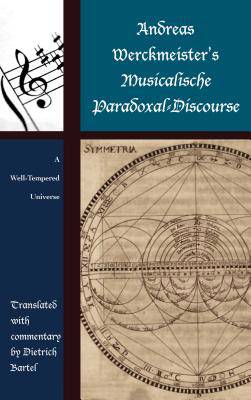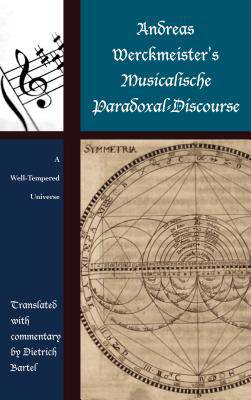
- Retrait gratuit dans votre magasin Club
- 7.000.000 titres dans notre catalogue
- Payer en toute sécurité
- Toujours un magasin près de chez vous
- Retrait gratuit dans votre magasin Club
- 7.000.0000 titres dans notre catalogue
- Payer en toute sécurité
- Toujours un magasin près de chez vous
Andreas Werckmeister's Musicalische Paradoxal-Discourse
A Well-Tempered Universe
169,45 €
+ 338 points
Description
This book provides extensive commentary and an English translation of 17th-century German music theorist Andreas Werckmeister's final treatise, the Musicalische Paradoxal-Discourse. Topics discussed include theological reflections on music, numerology in musical intervals, music notation and solmization, and tunings.
Spécifications
Parties prenantes
- Editeur:
Contenu
- Nombre de pages :
- 174
- Langue:
- Anglais
- Collection :
Caractéristiques
- EAN:
- 9781498566346
- Date de parution :
- 30-11-17
- Format:
- Livre relié
- Format numérique:
- Genaaid
- Dimensions :
- 160 mm x 231 mm
- Poids :
- 544 g

Les avis
Nous publions uniquement les avis qui respectent les conditions requises. Consultez nos conditions pour les avis.





